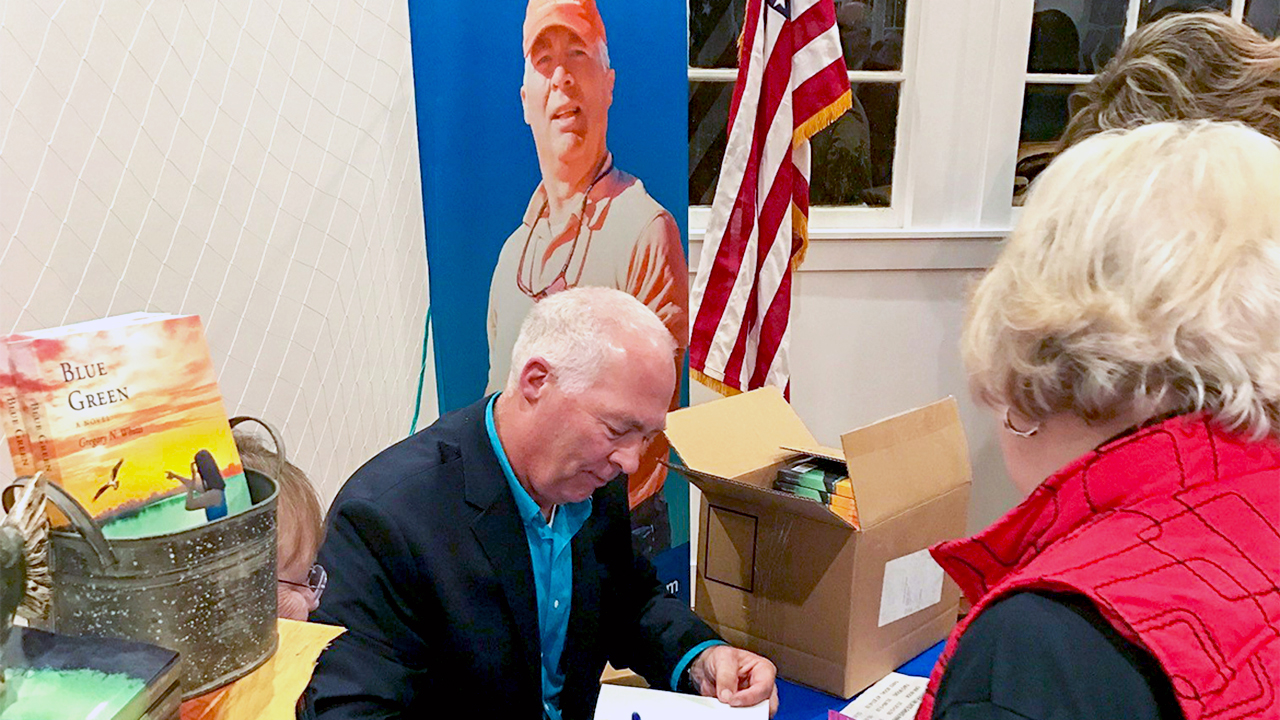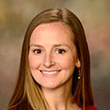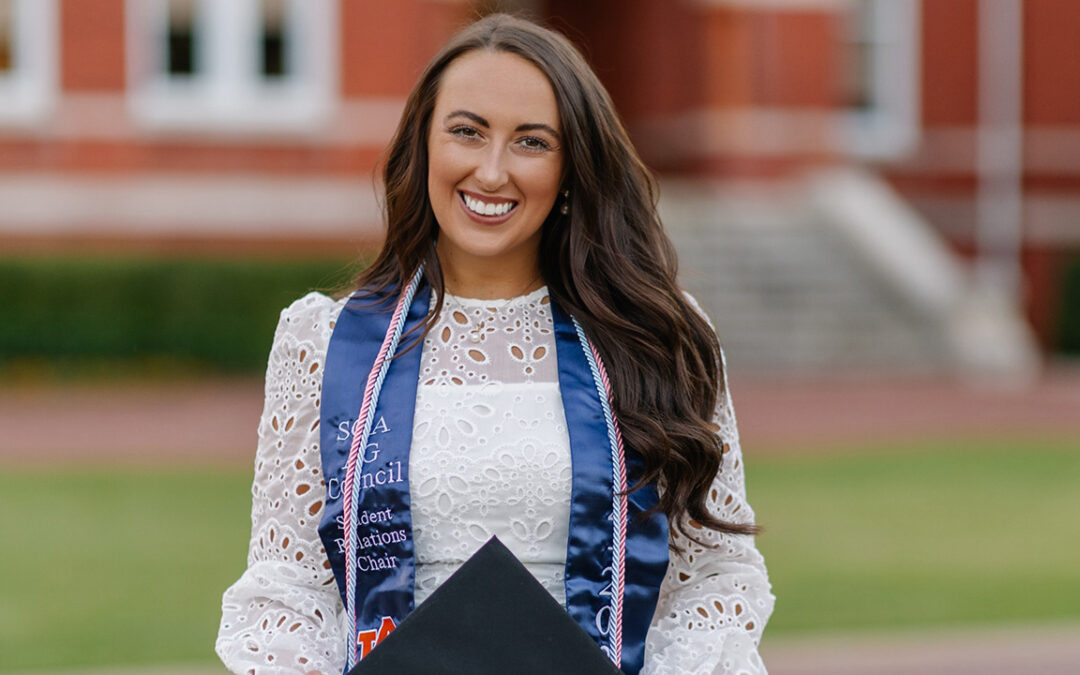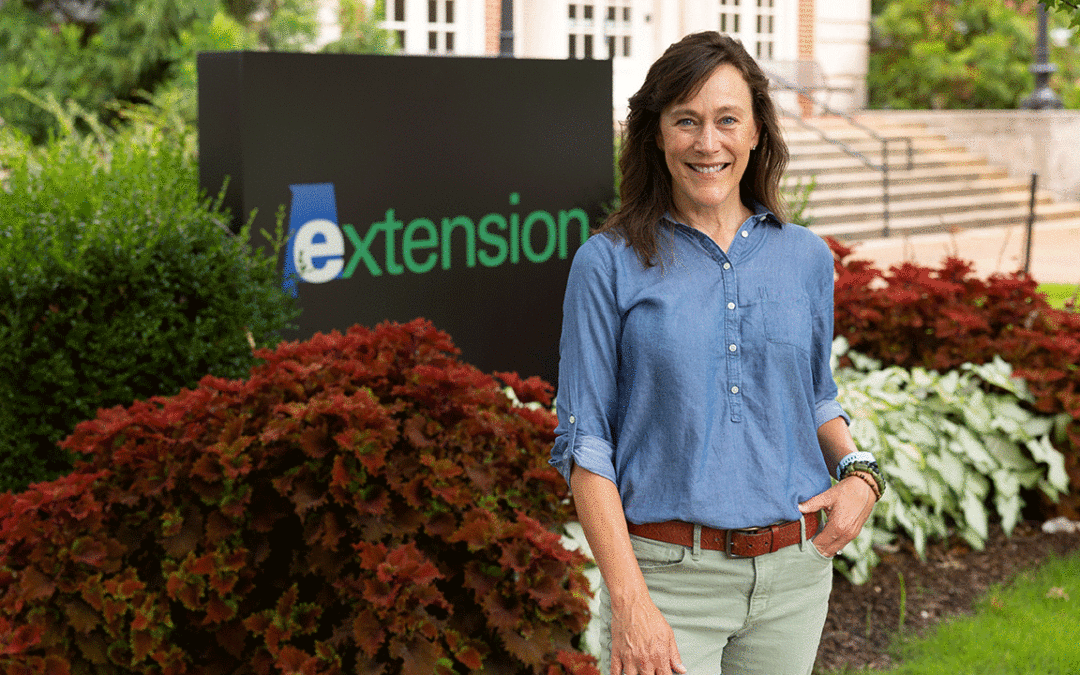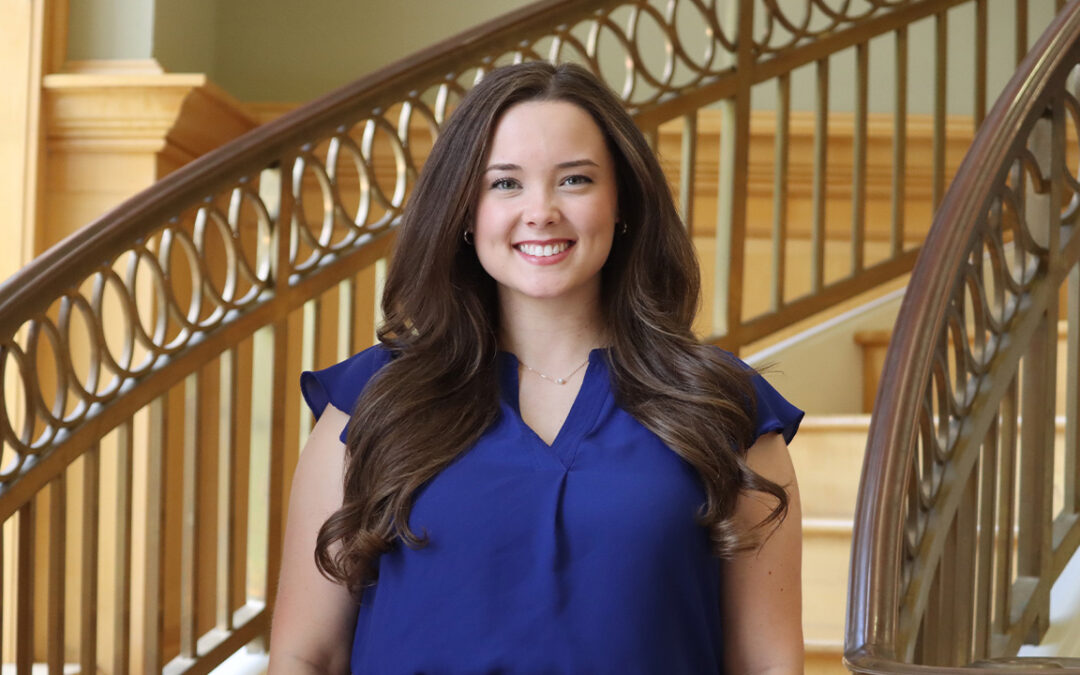May 2, 2018 12:14:02 PM
Feature
When Gregory Whitis began his undergraduate studies in zoology at Iowa State University in the mid-’70s, he had no idea there was such a place as Auburn University; he had never heard the word “aquaculture”; and the idea of one day living in the Deep South for sure had never entered his mind. And catfish farming? Was that ajoke?
But as he soon would find out, sometimes, life is stranger than fiction. And, as the longtime Alabama Fish Farming Center extension aquaculturist has just proved with the release of his debut novel, life that’s stranger than fiction can make for a great work of, well, fiction.
Whitis’ real-life story picks up during his junior year at Iowa State, when his academic adviser informed him that, if he intended to graduate on schedule, he needed a few more credit hours in science. Of course, picking up an extra science course over the summer at ISU was the obvious solution, except that he had already taken every one of the approved science classes the university was offering that summer semester.
Long story short, he wound up spending that summer in Ocean Springs, Mississippi, at the University of Southern Mississippi’s Gulf Coast Research Laboratory, taking a course in some bizarre subject called aquaculture.
“You’ve got to understand, this was 1979,” Whitis says. “Aquaculture was a buzzword then, but we didn’t really know what it was.”
The class turned out to be the most enjoyable of his undergraduate years. Not only did he realize a love for aquaculture, he also discovered catfish farming while on a field trip to a Mississippi catfish operation. He was hooked.
Among his classmates that summer were two students from what is now Auburn’s School of Fisheries, Aquaculture and Aquatic Sciences, and by summer’s end, they had persuaded Whitis to head to Auburn for his master’s in fisheries once he finished at Iowa State. He did, and in ’83, he graduated with a Master of Aquaculture degree and landed a job managing one of the largest catfish farms in Alabama.
Whitis learned a lot on that farm, and not just about growing big fish. Many of his experiences—from what goes through one’s mind when one is sitting at the bottom of a moonlit catfish pond in the farm’s pickup that said one has just sunk to what the bite of a cottonmouth feels like—can now be found on the pages of his debut novel, Blue Green, which rolled off the Page Publishing Inc. presses in New York in January.
For many years, Whitis has enjoyed creative writing, but it took the encouragement of a friend and fellow writer, Alabama author Aileen Henderson, to convince him to write the novel within him.
“My writing mentor told me, ‘Greg, write about what you know,’” he says. And that is precisely what he did in Blue Green.
Though the book was 20 years in the making, the result is an action-packed page-turner that draws heavily from the 30-plus years Whitis spent delivering Auburn’s world-renowned research to Alabama’s catfish farmers in his job at the Alabama Fish Farming Center in Greensboro.
While writing a novel is a challenge, even when your subject matter is familiar, finding a publisher can be downright grueling, Whitis says. Now that his first book is in print, he offers encouragement to other aspiring authors.
“Don’t give up,” he says. “You are going to get rejection letters from editors. That’s part of the process.”
He speaks from experience: Blue Greenwas rejected by two separate publishing houses before it landed on the right desk.
“It was a good experience, even though I got trashed,” he says. “Third go-round, I hit. For some writers, this process is really traumatic, but I knew this story was a good thing and would work eventually.”
Learn more about Blue Green at gregorynwhitis.com. The book is available in on Amazon.com and can be found at all major book retailers.
By Mary Catherine Gaston

